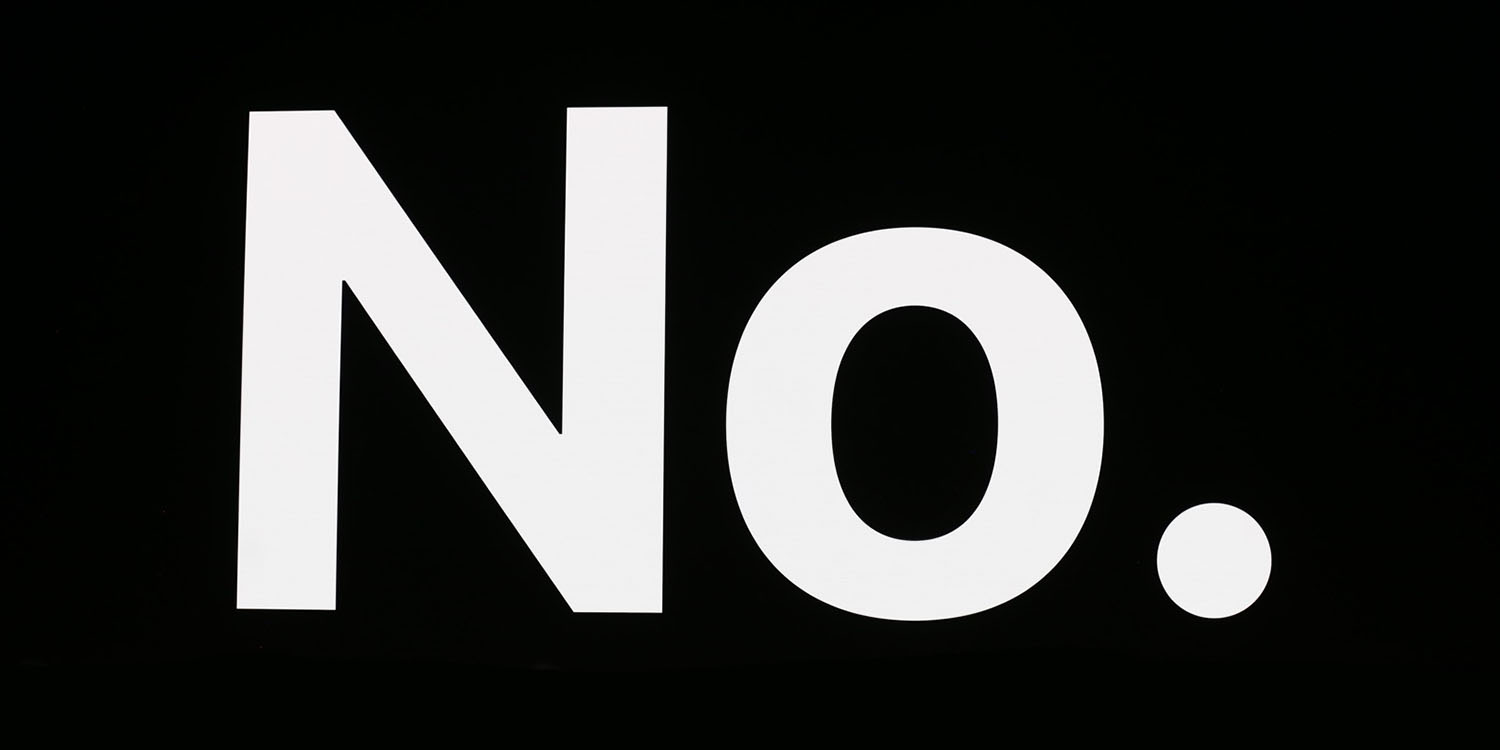
A UK antitrust case against Apple has once again been thrown out, after an appeal tribunal ruled that the original decision was correct – that the UK’s competition watchdog had missed a legal deadline.
The ruling stands despite the fact that two Apple App Store policies were found to be anticompetitive, and even though the tribunal appeared to agree that its own decision was likely to have “undesirable or unfortunate results” …
UK antitrust case against Apple
Things kicked off when two of Apple’s App Store policies were claimed to be anticompetitive.
First, Apple bans cloud gaming services in the App Store. This means that a developer cannot offer an app that provides access to multiple games played via cloud servers. It’s suggested that the company’s aim here is to protect its own share of per-game revenue, and to block competition to its own Apple Arcade subscription gaming service.
Second, while Apple allows any developer to create its own web browser, and offer it through the App Store, the Cupertino company only approves browsers that use its own WebKit rendering engine. This makes it impossible for a developer to, for example, make a browser app that is faster than Safari – and Apple also blocks access to some Safari features, like Apple Pay integration.
The UK’s competition watchdog, the Competition and Markets Authority (CMA), found last June that both policies were indeed anticompetitive.
Problem 1: The meaning of the word “study”
While the CMA had said that it was investigating these issues, it had referred to its investigation as a “market study” rather than a “market investigation.’ Only something labelled as an investigation gives the legal power to impose sanctions, so no action could be taken.
To get around this problem, the CMA opened a new case into the same two issues, this time labelled as an investigation.
Problem 2: The meaning of the word “shall”
However, Apple argued that the CMA had missed a deadline to open an investigation. That’s because the law states that the regulator “shall” open an investigation on the same date it published the results of the initial study. Apple said that the word “shall” means the same as “must”; the CMA argued that the word instead granted it the power to open the investigation immediately, but not the obligation.
While Apple’s interpretation seemed the most logical, there are in fact legal precedents on both sides, so the CMA appealed to The Competition Appeal Tribunal.
The CMA’s appeal is rejected
We said at the time that Apple appeared to have the stronger case, and this was indeed borne out by today’s ruling – reported by Reuters.
The Competition Appeal Tribunal quashed the decision to open the investigation and on Wednesday refused the CMA’s application for permission to appeal against that ruling […]
But, in its decision refusing permission to appeal, the tribunal said that the law on when the CMA can open a market investigation is clear.
“The letter of the law matters, even if it generates undesirable or unfortunate results,” the tribunal said.
That may not be the end of it, however. The CMA is still free to take its case to The Court of Appeal, the UK equivalent of the US Supreme Court. The regulator hasn’t yet said whether or not it will do so, stating only that it is “carefully considering the tribunal’s decision and […] considering our next steps.”
Add 9to5Mac to your Google News feed.
FTC: We use income earning auto affiliate links. More.







